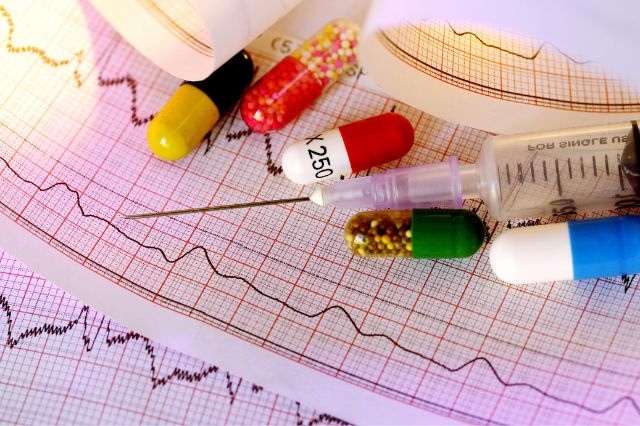In an age where health and wellness take precedence, the field of medicine has made remarkable strides in diagnostics and monitoring. Two pivotal tests that have emerged as crucial in understanding and safeguarding your well-being are Electrocardiogram (ECG) and Electroencephalogram (EEG) tests.
Despite their differing focuses, Seer Medical’s ecg-eeg test shares a common goal: providing invaluable cardiovascular and neurological health insights.
Understanding ECG Testing: Peering into the Health of Your Heart
The heart, often considered your body’s engine, warrants meticulous attention to ensure its optimal functioning. This is where the Electrocardiogram (ECG or EKG) test proves its worth. An ECG is a non-invasive diagnostic tool that records the heart’s electrical activity over a specified period.
By analyzing the electrical patterns and signals generated by the heart’s muscle contractions, healthcare professionals can detect various conditions, ranging from arrhythmias to heart attacks.
Advantages of ECG Testing
Early Detection: ECG testing can identify irregularities in heart rate and rhythm before they escalate into serious health issues. Detecting conditions like atrial fibrillation early on can lead to timely interventions that prevent complications.
Risk Assessment
Individuals with a family history of heart disease or those vulnerable to lifestyle factors can benefit from ECG tests. These tests help assess the risk of cardiovascular diseases, enabling better preventive measures.
Monitoring Treatment
Patients with pre-existing heart conditions can have their treatment plans fine-tuned through ECG monitoring. Doctors can assess the efficacy of interventions and make adjustments as necessary.
Efficiency
ECG tests are quick, painless, and non-invasive. They can be performed routinely or during emergencies, providing rapid results that aid in prompt decision-making.
Unveiling Brain Activity with EEG Testing
The human brain, an intricate network of neurons and synapses, holds the key to your cognitive abilities and overall neurological health. Electroencephalogram (EEG) testing is a technique that records the brain’s electrical activity through electrodes placed on the scalp.
This invaluable tool assists researchers and clinicians in understanding brain function, diagnosing neurological disorders, and monitoring responses to treatments.
Advantages of EEG Testing
Diagnosing Epilepsy
EEG testing plays a pivotal role in diagnosing epilepsy and other seizure disorders. The distinctive patterns of electrical activity captured during a seizure aid in accurate diagnosis and treatment planning.
Mapping Brain Function
In cases of brain injuries, tumors, or degenerative disorders, EEG tests can provide insight into changes in brain function. This information guides medical decisions and rehabilitation strategies.
Research and Cognitive Studies
EEG testing is instrumental in cognitive research, allowing scientists to study brain activity patterns during various tasks, emotions, and sleep cycles. This knowledge contributes to advancements in neuroscience and psychology.
Personalized Treatment
For disorders like sleep disorders and ADHD, EEG tests can help tailor treatment plans by revealing specific brain activity patterns and irregularities.
Empowering Individuals Through Knowledge
ECG and EEG testing has empowered individuals to take charge of their health. Regular screenings and diagnostic tests offer insights into your body’s intricate mechanisms, enabling you to identify potential issues before they escalate. These tests aid in early detection and facilitate personalized treatment plans that enhance overall well-being.
It’s important to note that ECG and EEG tests are just components of the broader healthcare landscape. They should be considered alongside medical history, physical exams, and other diagnostic tools to understand one’s health status comprehensively.
The advantages of ECG and EEG testing are profound, extending from preventive care to personalized treatments. This allows professionals to proactively address cardiovascular and neurological concerns, leading to healthier lives and a brighter future. As technology advances, you can anticipate even more sophisticated diagnostic tools that will further healthcare.






